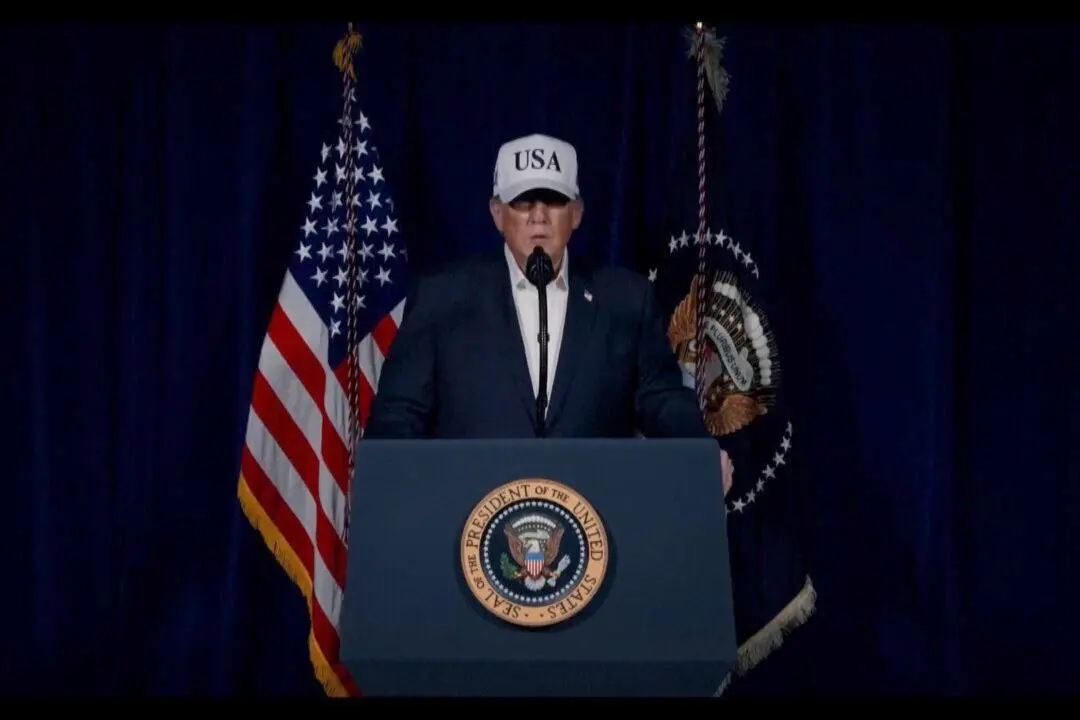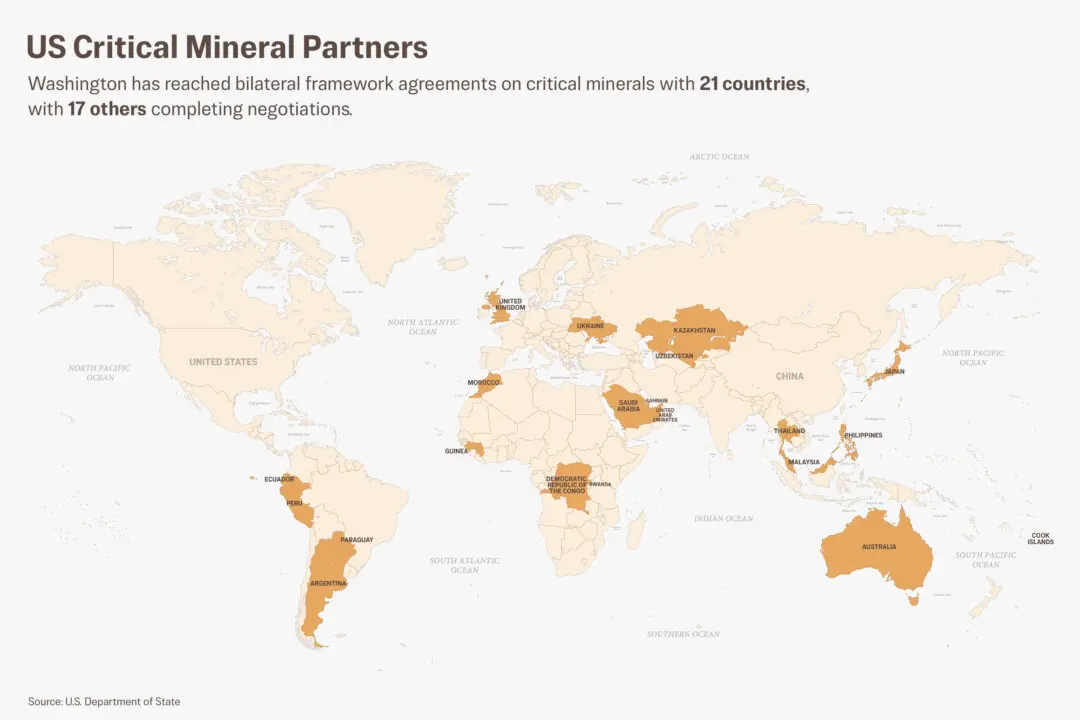The Biden administration announced on Tuesday that it will impose a 100 percent tariff—quadrupling the current 25 percent—on electric vehicles (EVs) imported from China in 2024.
In addition to EVs, the White House has significantly increased tariffs on Chinese steel and aluminum products, lithium-ion batteries, and solar cells.




